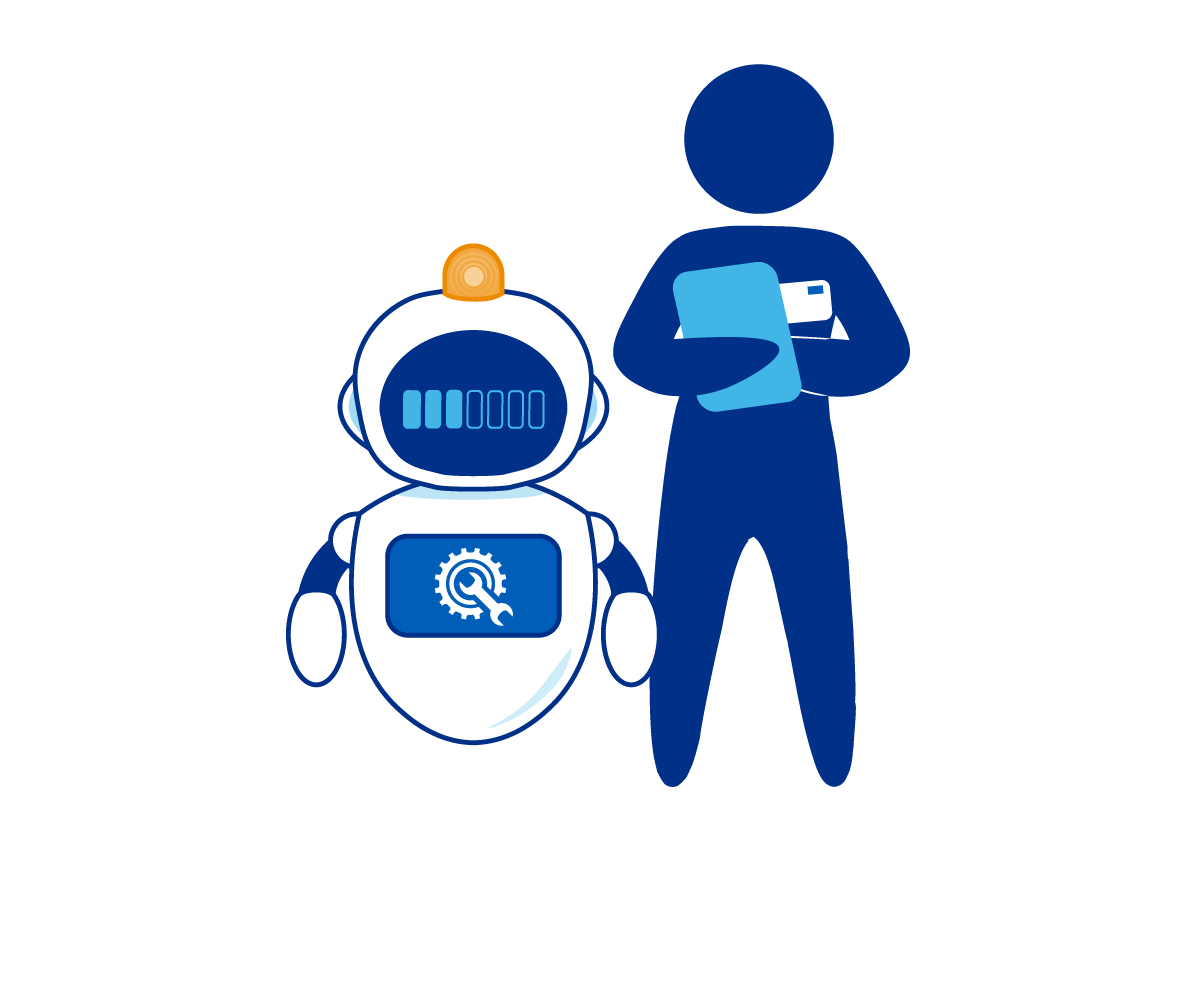NHS Berkshire Healthcare have a successful Citizen Developer Programme.
In NHS Berkshire Healthcare, more than 1600 individuals, who are not IT experts, use easy-to-use tools like the Microsoft Power Platform and other Microsoft 365 applications. These tools allow our colleagues to create custom solutions and apps without advanced technical skills.
The Microsoft Power Platform takes it a step further, enabling them to build more advanced apps that seamlessly connect with a variety of data and services. These tools empower our colleagues to tailor solutions for their teams, streamline operations, and make informed decisions using data. In simple terms, even if they don't have advanced technical knowledge, individuals acting as low-code developers using the Microsoft Power Platform can quickly create the solutions they need.
Learning, Collaboration, Sharing and Growth
Support and Study
At Berkshire Healthcare, Citizen Developers have the opportunity to build apps that enhance their own work and support their teams. These tools can streamline repetitive tasks, such as comparing spreadsheets, collecting staff data, filling out forms, and improving communication. They can also assist with onboarding, send reminders, track supplies, and display non-sensitive metrics like patient satisfaction or performance data.
Additionally, apps can support learning and help staff follow policies and governance. However, there are clear boundaries. Citizen Developers must not create apps that are used outside their immediate team, become critical to operations, or are shared beyond Berkshire Healthcare.
Apps must not impact patient care, suggest diagnoses or treatments, or handle private patient data like names, addresses, or medical records. They also cannot connect to core systems or require compliance with regulations such as GDPR, ISO 27001, or DCB0160.
To support their development journey, Citizen Developers can access official documentation, tutorials, and training through platforms like Microsoft Learn and YouTube. They typically start with Power Automate to build workflows, then move on to Power Apps for creating user-friendly applications. Real-world projects help reinforce learning, and advanced features can be explored as skills grow. The Citizen Developer Community offers a space to connect, share, and learn from peers.
Governance training is essential to ensure secure, compliant app development.
All Citizen Developers must complete the mandatory “Becoming a Responsible Citizen Developer” course, which covers governance, risk management, and best practices. A simplified version is available for those using only Microsoft Forms.
This initiative reflects our commitment to safe, efficient digital innovation. By empowering staff with the right tools and knowledge, we foster creativity while maintaining accountability and alignment with Berkshire Healthcare’s goals.

